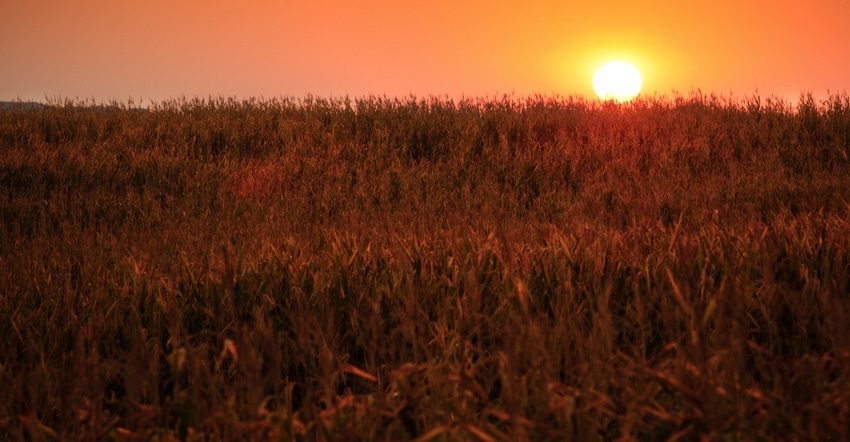
With the backdrop of World Food Day on Oct. 16, a coalition of Minnesota CEOs and executive leaders formally launched a partnership that will address major challenges faced by food and agriculture sectors.
The Mbold coalition will work to find solutions to feeding a growing global population, protecting natural resources and addressing impacts of climate change.
Mbold members include CEOs and leaders from Cargill, Compeer Financial, Ecolab, General Mills, Hormel Foods, Land O’ Lakes, Schwan’s Company, Target, the University of Minnesota, the Agricultural Utilization Research Institute, the Minnesota AgriGrowth Council, Grow North and McKinsey & Co.
“Minnesota's unique cluster of leaders is collaborating on some of the biggest challenges facing our food system,” said Jeff Harmening, co-chairman of Mbold and chairman and CEO of General Mills, adding that five of the top 30 U.S. food and ag companies are based in Minnesota.
Mbold’s priority areas will center around soil health and water stewardship, recycling flexible film packaging, supporting innovation and entrepreneurship, solving food insecurity, and attracting and retaining the future food and ag workforce.
Stephanie Lundquist, Mbold co-chairwoman and Target’s president of food and beverage, noted that each company has been doing good work individually on various issues.
“Collectively, we can do great work,” she says. “We can ideate, innovate and drive action on the ground, we can accelerate change and progress for some of the most critical challenges in the food system.”
In expanding on the five priority areas, Mbold is pursuing:
Soil health, water stewardship. Develop more regenerative, resilient agriculture systems. Harmening said they plan to participate in a soil health pilot program in the Red River Valley with about 50 farmers, providing technical expertise and farm economics evaluations.
Circular economies for packaging. Massive amounts of flexible film packaging are used every year yet in the U.S. less than 4% of that packaging is recycled. Mbold is committed to change that by looking at ways to recycle flexible films.
Innovation and entrepreneurship. Mbold is bringing together entrepreneurs and innovators to spark ideas to solve major food and ag challenges. It recently partnered with AURI to host a ‘Bold Open Reverse Pitch’ virtual meeting where companies and organizations offered challenges to solve and people then pitched ideas for solutions. More than 60 entrepreneurs presented at the event. One example: Minnesota Soybean requested ideas for new uses of soybean hulls.
Food insecurity in the face of COVID-19. The pandemic is causing unprecedented economic hardships and accelerating food insecurity in the U.S. and around the world. Mbold is exploring ways for the private and public sectors to find solutions together.
Talent. Given the global reach of its businesses and institutions, Minnesota is one of the best places in the world to build a career in food and agriculture. Mbold seeks to mobilize a workforce to accelerate progress to challenges in food and agriculture.
Mbold is an initiative of the Greater Minneapolis-St. Paul Economic Development Partnership.
Learn more at mbold.org.
Read more about:
Food ProductionAbout the Author(s)
You May Also Like






